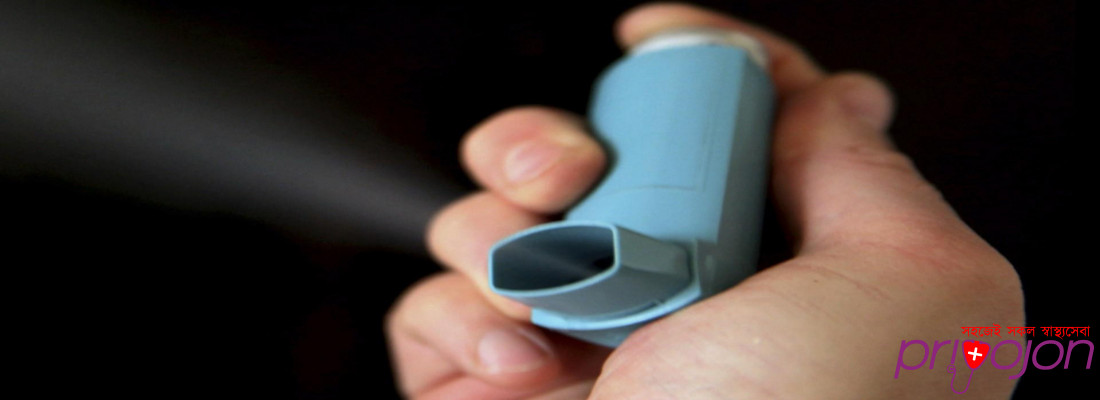
Overview
Medically reviewed by Dr. Rabeya Afroz Shomi
Where it can affect in your body?
COVID-19 is a respiratory disease caused by a coronavirus. That means it can affect your lungs, throat, and nose. For people with asthma, infection with the virus could lead to an asthma attack, pneumonia, or other lung disease.
One small study shows asthma doesn’t raise your chances of getting infected with the coronavirus that causes COVID-19. But if you do get sick, your symptoms could be worse than others because you already have problems breathing.
There’s no treatment for COVID-19. But there are steps you can take to protect yourself and your loved ones.
How to Prepare?
Keep taking your medicine. Stay home as much as possible. That lowers your chance of coming into contact with the virus. It’s a good idea to have a 30-day supply of food, nonprescription drugs, and other household goods.
Your doctor, pharmacist, and insurance company can help you figure out what you need for an emergency supply of prescription medication. Here are some other tips:
- Know how to use your inhaler.
- Clean your nebulizer well.
- Stay away from asthma triggers (smoke, allergy triggers, air pollution).
- Don’t take cruises or unnecessary flights.
- Avoid close contact with people (stay 6 feet away from others).
- Avoid crowds and people who are sick.
- Don’t share cups, eating utensils, or towels.
If you’re mildly sick, stay home. Always use a tissue to cover your cough or sneeze. Throw that tissue away after you use it. Stay away from people in your house who are sick. If possible, they should stay in a separate room and use another bathroom until they’re better. If they can’t, disinfect any common spaces the ill person uses.
Practice Good Hygiene
Wash your hands often for at least 20 seconds. That includes your knuckles, thumbs, fingernails, and wrists. If you don’t have soap and water, you can use an alcohol-based hand sanitizer with at least 60% alcohol.
Wash your hands after you:
- Go out in public
- Touch a new surface
- Blow your nose, cough, or sneeze
Dry your hands completely after you wash them. And always wash your hands before you touch your eyes, nose, or mouth. You can transfer the virus from your hands to your face.
Disinfect anything that’s touched a lot. COVID-19 can live a while on certain surfaces. Studies show it can stick to plastic and stainless steel for up to 3 days. Try to avoid disinfectant that might trigger your asthma. Items you should regularly disinfect include:
- Tables and countertops
- Doorknobs
- Light switches
- Phones and desks
- Keyboards
- Anything in a bathroom (toilet, faucet, sink)
